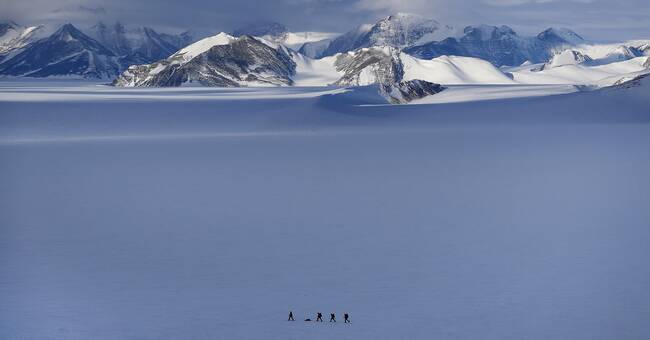It is studies of both written and oral sources that have led researchers at the University of Otago to draw the groundbreaking conclusion.
The material indicates that various tribes of the Maori people in New Zealand made several trips to the ice-covered continent, perhaps already during the first centuries of the Middle Ages, reports The Guardian.
"Did not discover it"
The discovery of Antarctica is attributed to the tribal leader Hui Te Rangiora, who according to the study was thus long before the Russian explorers who reached the continent in 1820 and are considered pioneers.
- We did not discover it, it is a well-established story, says research leader Priscilla Wehi to the New Zealand Herald.
The reason why the origins of the original population are not recognized, according to Wehi, is that the historical evidence is largely based on oral tradition - sources that do not have the same status as letters, books or other written material.
- The story tends to be told by one voice and there is often a dominant narrative.
The history of indigenous peoples and also the history of women is often made invisible, so this is about making it visible.
Important for Antarctic research
The stories from the Maori people's Antarctic expeditions describe the sea as "colossal with high waves in which a woman, whose curls sweep over the surface of the water, dwells" - a "foggy, hazy and dark place that has never been hit by the sun".
The hope is that the new study, published in the scientific journal Royal Society of New Zealand, can contribute to new knowledge, not just about the southernmost continent of the globe.
- Taking into account underrepresented groups, and especially the Maori, is important for both current and future research programs on Antarctica, according to Priscilla Wehi.

